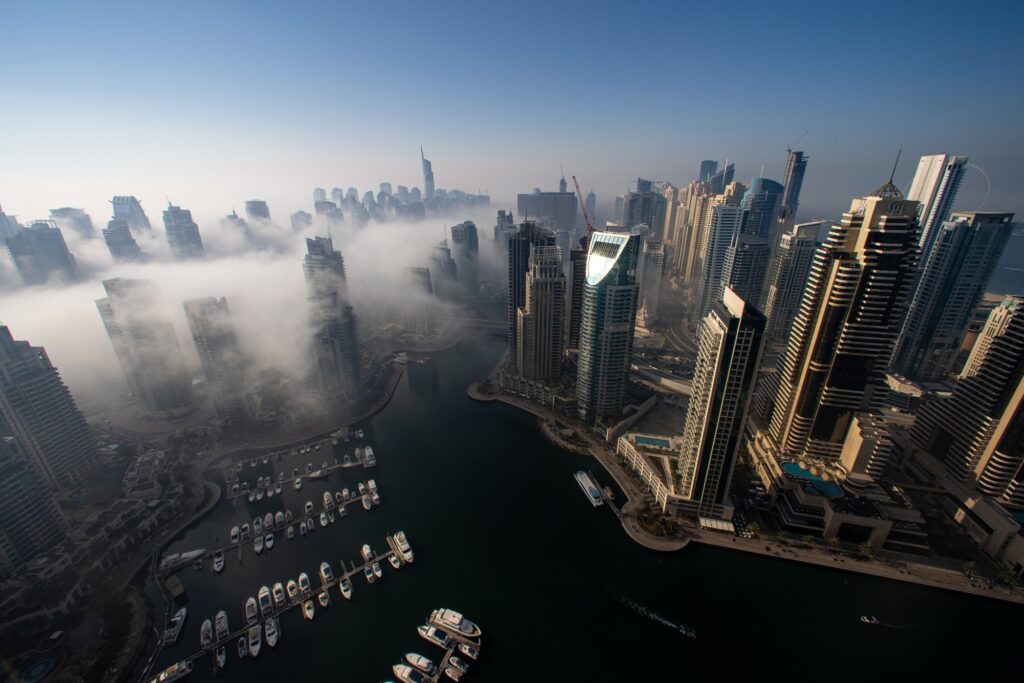Despite global economic pressures, Dubai’s real estate market is anticipated to undergo a cooling period in the next 12 to 18 months. However, the emirate’s developers are expected to withstand the cycle shift due to their robust liquidity position.
S&P Global Ratings anticipates developers to continue accumulating cash and strengthening liquidity buffers in preparation for the next cyclical downturn, supported by healthy off-plan pre-sales.
Ratings Expected to Weather Mild Market Correction in Dubai Real Estate
Despite a potential weakening in cash flow generation and credit metrics, ratings should absorb downward pressure, assuming a mild market correction.
Dubai’s property prices have experienced double-digit annual growth since 2021, propelled by government initiatives and high buyer demand, making it the fourth most active luxury residential market globally.
The emirate recorded 219 home sales above $10M in 2022, ranking fourth after New York, Los Angeles, and London.
Dubai saw a 40.7% annual increase in the volume of residential sales above $10M in Q3 2023, reaching over $1.59B.
S&P expects a gradual slowdown in the Dubai market, forecasting a 15% to 18% increase in property prices in 2023, followed by a 5% to 7% rise in 2024.
While a cyclical reversal risk looms with rising real estate prices, S&P predicts a moderate market adjustment, with price increases decelerating and potentially reversing slightly.
Maintaining strong cash generation and higher earnings, developers are expected to support deleveraging and create a buffer for the next cyclical correction.
Despite the anticipated downturn, developers are likely to continue launching new properties, with a focus on smaller units as buyers downsize spaces due to the expensive price per square foot.
S&P has factored in the industry’s cyclicality and Dubai’s volatile, sentiment-driven demand while assigning credit ratings to developers like Emaar Properties, Damac Real Estate Development, and PNC Investments (Sobha Realty).


